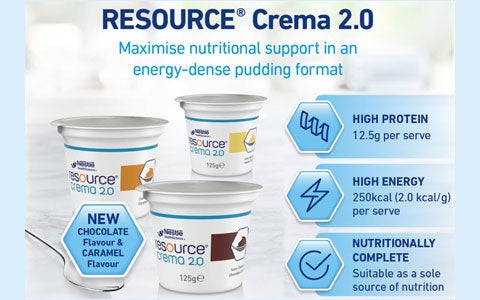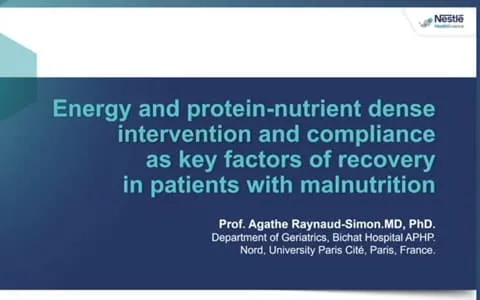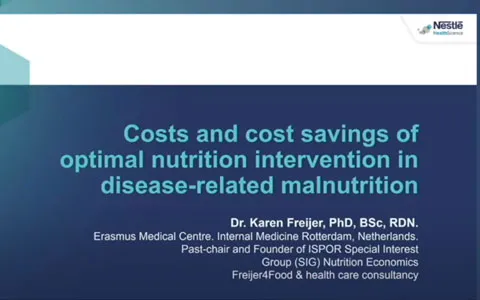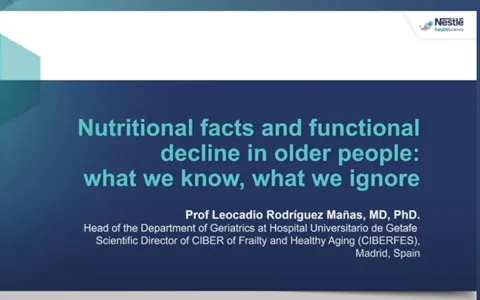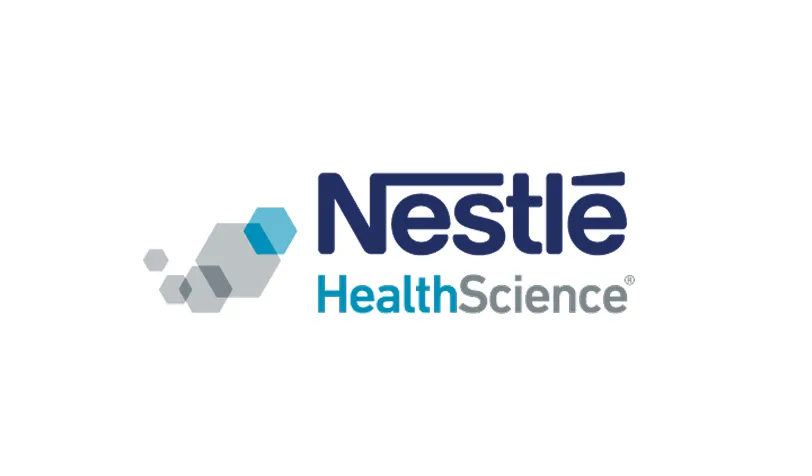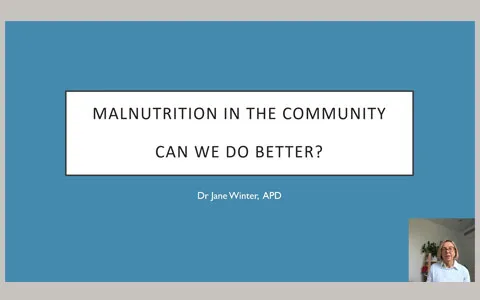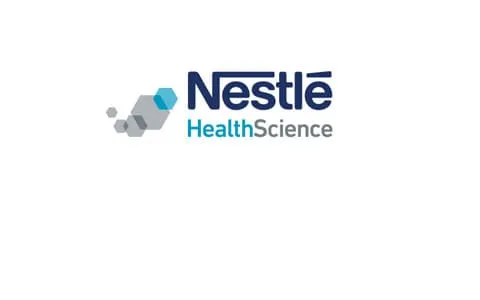Introduce RESOURCE® Crema 2.0 a delicious pudding style energy dense, high protein, low volume oral nutritional supplement.
Each ready to consume 125g tub is nutritionally complete and suitable as a sole source of nutrition, which makes it great to provide variety or to be used as an alternative to liquid oral nutritional supplements.
Learn more here.
RESOURCE® Crema 2.0 delicious energy dense pudding ONS
- 19/09/2024 - 10:18 pm
Prof. Dr. Agathe Raynaud-Simon at the 44th Congress of the European Society of Clinical Nutrition and Metabolism (ESPEN), 2022. This lecture will focus on patient-related and intervention-related factors that influence compliance, recovery from malnutrition, and other clinical outcomes in older malnourished patients.
Dr Karen Freijer presents at the 44th Congress of the European Society of Clinical Nutrition and Metabolism (ESPEN), 2022. During this session, the burden of disease related malnutrition – with a focus on older adults– together with cost savings of optimal nutrition intervention and the importance of nutrition economics, will be discussed.
Prof. Leocadio Rodríguez Mañas presents at the 44th Congress of the European Society of Clinical Nutrition and Metabolism (ESPEN), 2022 on the role of nutritional status on function in older adults living in community, the role of key nutrients and effective interventions.
As part of the Satellite Symposium at 46th ESPEN Congress on Clinical Nutrition and Metabolism, Milano, Italy, Prof. Phillips discusses the importance of protein, specific amino acids and the role they play in muscle mass physiology.
Presented by Dr. Jane Winter, Accredited Practising Dietitian, this presentation helps us understand the extent of Malnutrition in the community, for us to be familiar with strategies to identify and recognize Malnutrition and to understand range of interventions available.
MNA® (Mini Nutritional Assessment) is a validated nutrition screening/assessment tool to identify individuals 65 year and above who are malnourished or at risk of malnutrition. The online resource utilises a number of questions which patients answer and provides them with a score at the end in which they can determine what category they fit into whether they have: a normal nutritional status, at risk of malnutrition or malnourished.
B. Komar, L. Schwingshackl, Georg Hoffmann, Effects of leucine-rich protein supplements on anthropometric parameter and muscle strength in the elderly: A systematic review and meta-analysis, The Journal of nutrition, health and aging, Volume 19, Issue 4, 2015, Pages 437-446 Leucine supplementation has shown to significantly increase gain in body weight (p=0.02), lean body mass (p=0.0005) and body mass index (p=0.001) compared with control groups. Furthermore, the benefit of leucine supplementation has a more profound impact on body weight and lean body mass in individuals who have pre-existing sarcopenia.
Breaking Barriers to Oral Nutritional Interventions in Older Adults with Malnutrition
A national, anonymous 33-item, online purpose-designed survey of GPs and Practice Nurses explores awareness and attitudes toward sarcopenia, and how clinicians play a role in its management. Barriers to effective implementation in primary practice are also identified and discussed.
Lee SY, Lee HJ, Lim JY. Effects of leucine-rich protein supplements in older adults with sarcopenia: A systematic review and meta-analysis of randomized controlled trials. Arch Gerontol Geriatr. 2022 Sep-Oct;102:104758. Data from six randomised controlled trials including a total of 699 participants, demonstrate that the consumption of leucine-rich protein supplements (offering 3-6g leucine per day) can improve muscle strength, muscle mass and performance in sarcopenic older adults compared to a control group (P<0.001) and may be suggested as a nutritional treatment for sarcopenia.
This exciting initiative across a select range rolls out from March with full availability by August. Find out more information here. Download Resource Plus Product Information Sheet
A national, anonymous 41-question, online purpose-designed survey explores whteher older adults understand and value muscle health, tjheir avility to take action and overall knowledge and confidence to manage their health.

